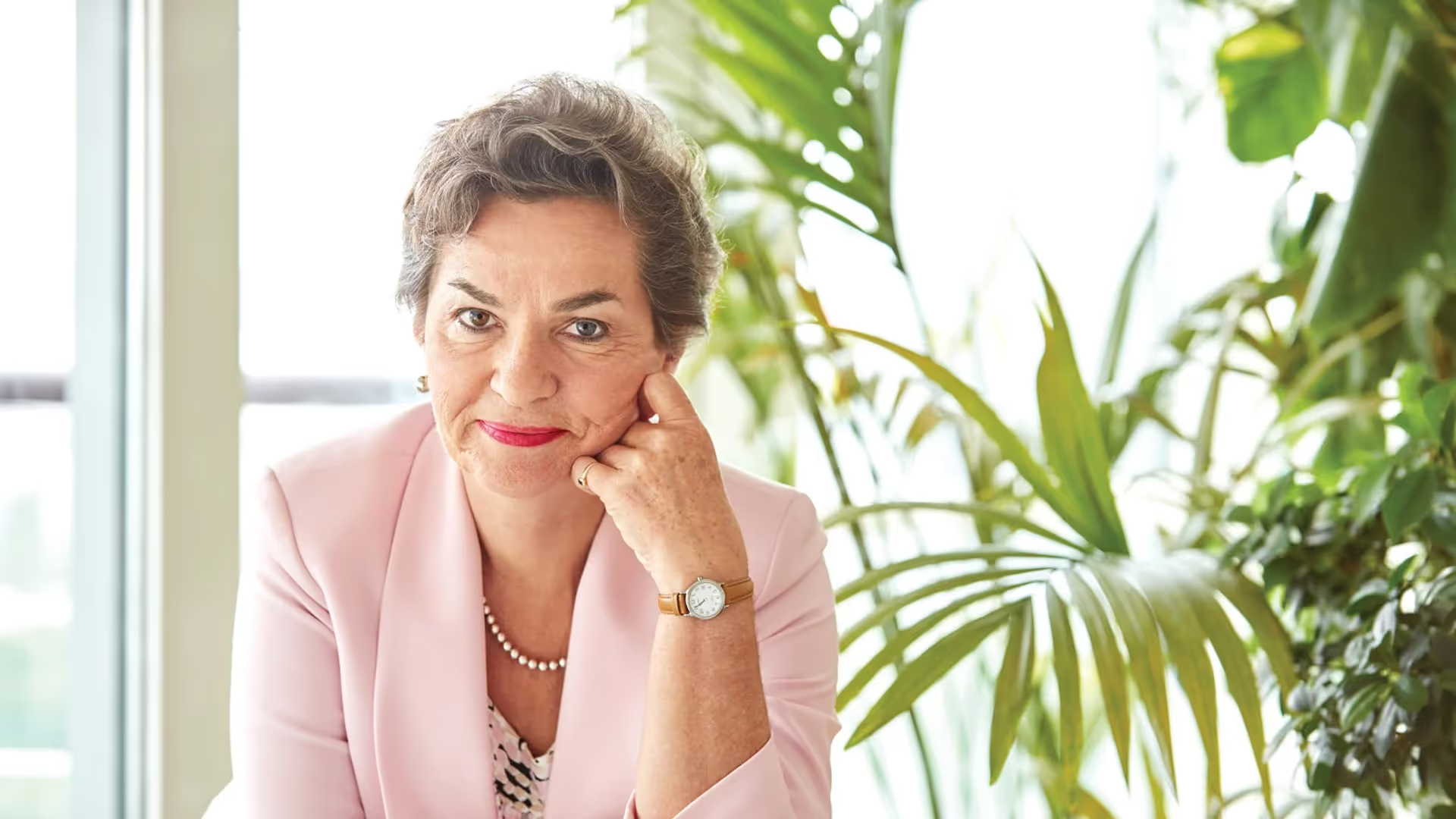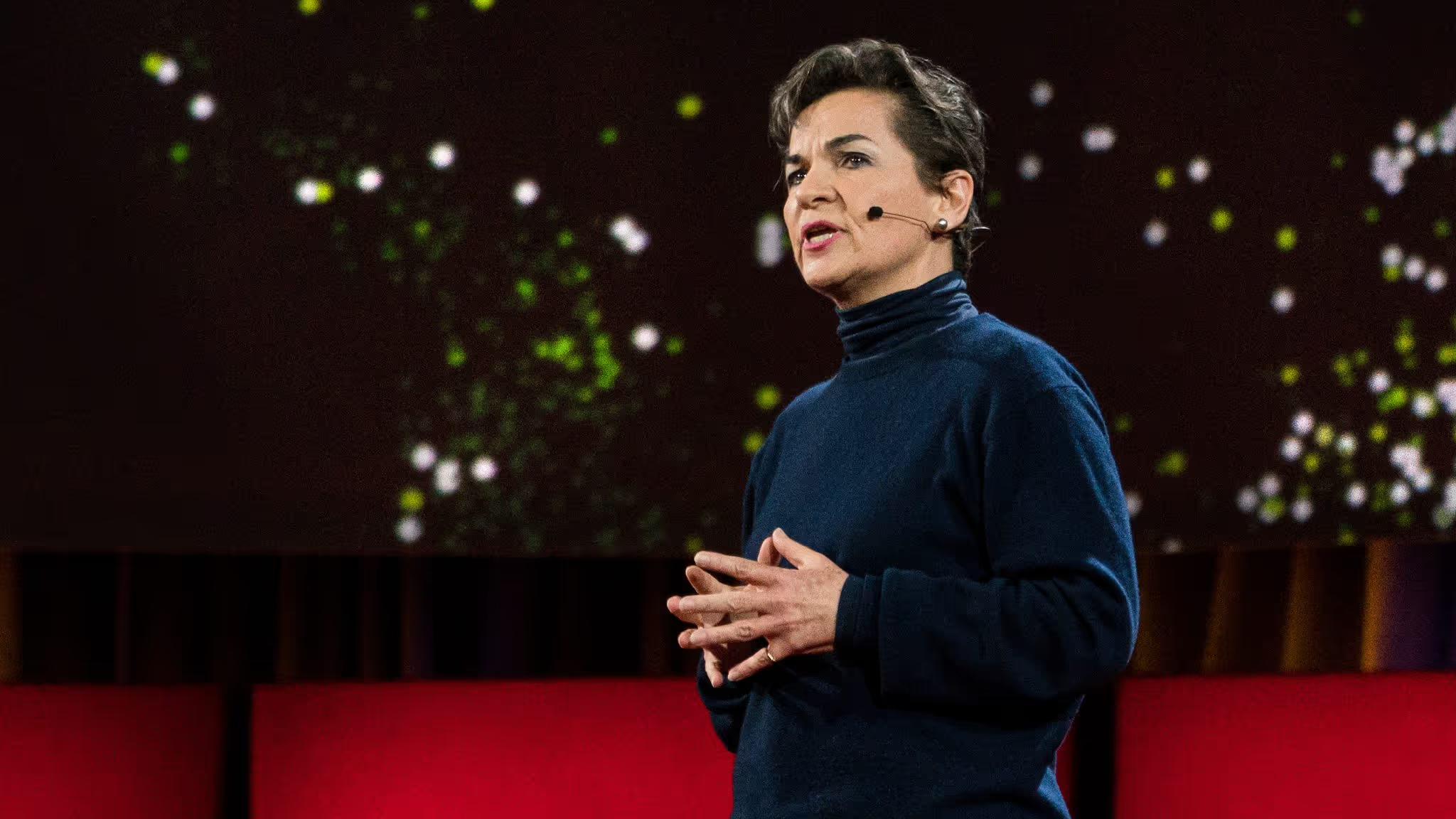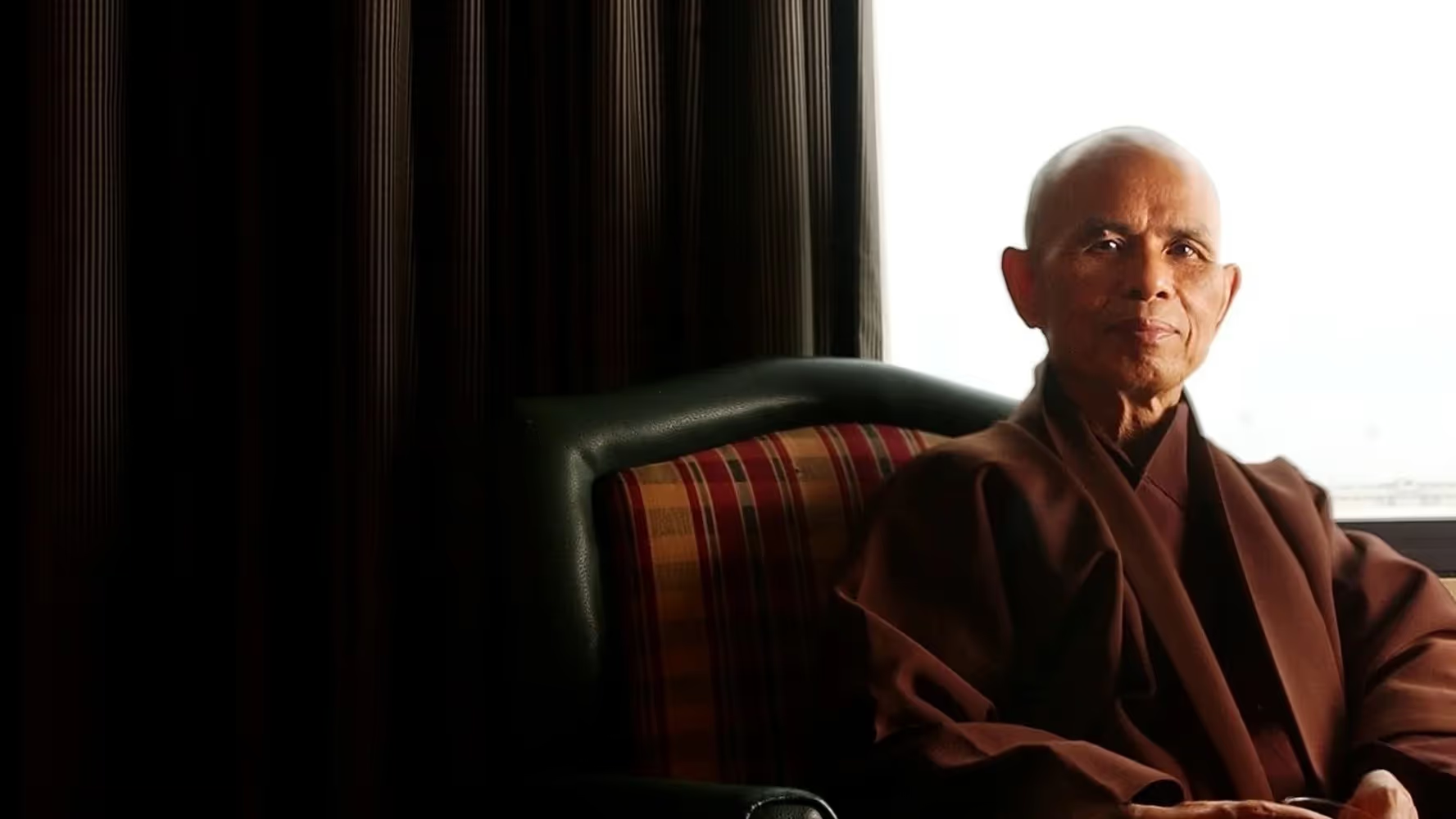
Karen Christiana Figueres Olsen, popularly known as Christiana Figueres, is a Costa Rican diplomat recognized worldwide as a leader in climate change. Born in 1956, Figueres served as executive secretary of the United Nations Framework Convention on Climate Change (UNFCCC) from 2010 to 2016. Following the Copenhagen conference in 2009, Figueres assumed leadership of the international climate negotiations, guiding the process towards a regulatory framework that was widely accepted.
Figueres chaired the UNFCCC conferences in Cancun (2010), Durban (2011), Doha (2012), Warsaw (2013) and Lima (2014), culminating in the historic Paris Agreement that was signed on April 22, 2016. This legally binding international treaty on climate change was adopted by 196 countries at the United Nations Climate Change Conference in Paris. The United States withdrew from the agreement in 2020, rejoined in 2021 and announced its withdrawal again this year.
Figueres is celebrated as one of the architects of the Paris Agreement and has since become a prominent figure in climate action and communication outside the United Nations Framework Convention on Climate Change, co-hosting the popular "Outrage + Optimism" podcast and speaking globally on the challenges and opportunities of addressing climate change.
Transforming tragic circumstances into hope and optimism through an encounter with the Buddha
Just as he was entering one of the most important periods of his diplomatic career, a major upheaval in his former marriage brought about a significant change in Figueres' life. She had dedicated herself to instilling strong values and principles in her family, and after 25 years she had what she considered to be an ideal family and marriage, which she called a "fairytale marriage" or a "fairytale family." However, an unexpected revelation from her ex-husband shattered their relationship, leaving her life disrupted and adrift. The emotional trauma was profound, particularly as she was simultaneously leading the negotiations for the Paris Agreement.
This chaotic period proved exceptionally challenging. Figueres chose to hide her suffering from her colleagues, determined to protect them from her pain. Despite the stress, she never took a day off from work. Every night, she cried herself to sleep, but still woke up each morning, showered and smiled before heading to the office. She inspired her team to collaborate with dedication and enthusiasm to achieve their goals for the global public good. Figueres was leading a double life: a nighttime reality steeped in sadness and a daily reality defined by professionalism and high international interests.
Over time, this internal conflict became unbearable. As suicidal thoughts arose, it became increasingly difficult to reconcile his professional identity with his authentic personal self. The emotional burden felt increasingly insurmountable.

During this critical juncture, Figueres was guided to the teachings of Zen master Thích Nhất Hạnh (1926-2022), the revered Vietnamese Zen master and pioneer of engaged Buddhism. From his residence in Germany, Figueres undertook an unexpected journey, entering a monastery in Waldbröl with no preconceived notions or ideas about Buddhism. This monastery was once a mental institution with 700 patients, and at one time had been occupied by the Hitler Youth. Now, however, the energy had completely changed, with minds redirected toward the cultivation of bodhicitta and the benefit of all beings. Figueres became deeply involved with the Plum Village tradition, which focuses on the application of mindfulness in everyday activities. He gained important insights into his suffering and, instead of avoiding or suppressing his pain, he learned to face and understand it, ultimately regaining control over his circumstances.
Applying Buddhist teachings in personal and professional settings.
The Buddhist teachings learned from the Plum Village tradition not only transformed Figueres' personal life, but also enhanced his professional endeavors. Reflecting on his experiences, he now believes that achieving the Paris Agreement would have been considerably more difficult without the guidance and insights gained from Buddhist teachings. In an interview with the "On Being" podcast, Figueres discussed the impact of these teachings on his work:
My God, it's so useful for my professional life, because the truths that I was learning apply to me as an individual, but they also apply to everybody else collectively, and most of all, they apply to all levels of the system. And I honestly believe that if I hadn't had that guidance and those teachings, I don't know how we would have achieved the Paris Agreement, because it was just fundamental ("On Being").
Figueres credits the wisdom of Thích Nhất Hạnh with playing a pivotal role in helping her develop the strength, wisdom and compassion that were critical to moving forward with the unprecedented agreement in the Paris Agreement. She has noted, "I don't think I would have had the inner resilience, the depth of optimism, the depth of commitment, the depth of inspiration had I not been accompanied by the teachings of Thích Nhất Hạnh" (Huffpost).

Upon discovering Thích Nhất Hạnh's teachings, Figueres found them fundamental to maintaining his agency and spirit, especially during low moments. He noted that they provided him with the inner resilience, depth of optimism and commitment needed to see through this milestone in a multilateral and global forum. She also expressed the conviction that these lessons could benefit others, leading her to offer retreats that provide a supportive environment for colleagues. Prior to the Paris Agreement, Figueres sensed a deep sense of duty among staff: that they were called to alter the course of the climate and biodiversity crises for future generations. This self-imposed obligation made the task extremely challenging, as many variables remained beyond their control.
However, the power of Buddhist teachings revealed that humans represent a small aspect of a vast and constantly evolving existence. Understanding the distinction between the small differences one can make through daily work and the ultimate reality influenced by other forces provided significant clarity and even comfort.
In several lectures and interviews, Figueres emphasizes that transforming systems must begin internally, as individuals embody those systems. Recognizing that climate change is anthropogenic, he stresses that phenomena such as unregulated capitalism, white supremacy and overconsumption are unique to humanity. This perspective encourages reflection on the importance of recognizing personal contributions to climate change.
Figueres has often reflected on the intense emotions generated by the climate crisis. He has also shared thoughts on how we can transform the pain experienced universally. Transformation does not involve ignoring or suppressing emotions. Rather, the challenge lies in deliberately harnessing these feelings and channeling them into constructive action in the world. Her ideas resonate deeply as she articulates that her spiritual practice is not separate from her work: "For me, my spiritual practice is not separate from my work. It is not in parallel: it is the foundation. It allows me to be aligned, to present myself with clarity, compassion, and conviction" (Fair Planet).
Figueres also points out that many leaders, especially those who advocate for climate justice, carry deep wounds within them. Without engaging in self-reflection, burnout and despair are inevitable. Adopting a spiritual or meditative practice is crucial for sustainable leadership. This emphasis on personal well-being enables leaders to face challenges with resilience and clarity, developing a more effective and compassionate approach to their work.

Dipen Barua
Dr. Dipen Barua is a faculty member of the Center for Buddhist Studies at the University of Hong Kong. She has written a book and published several articles in Bengali and English on Buddhist studies, women's issues, Buddhism in South and Southeast Asia, and cultural heritage.










